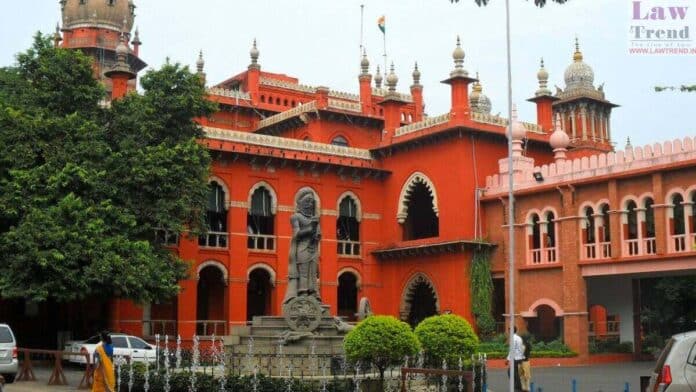The Madras High Court, comprising Justice S.M. Subramaniam and Justice N. Senthilkumar, delivered a significant judgment in the case of Usha v. The Director General of Police and Another (W.P. No. 20596 of 2024), addressing the premature filing of writ petitions before the expiry of the statutory period allowed to competent authorities for decision-making. Background
To Read More Please Subscribe to VIP Membership for Unlimited Access to All the Articles, Download Available Copies of Judgments/Order, Acess to Central/State Bare Acts, Advertisement Free Content, Access to More than 4000 Legal Drafts( Readymade Editable Formats of Suits, Petitions, Writs, Legal Notices, Divorce Petitions, 138 Notices, Bail Applications etc.) in Hindi and English.




